Club Tropicana
Press Night: 13 Aug
Wales Millennium Centre
After a long absence from theatre reviews this last year and with the media a toxic cesspit these days, I felt so ready to be entertained. Like, seriously entertained. I have been awaiting the next chance to review something lively and upbeat, like a demonic glitter leopard stalking her pray. Yes, I was so desperately in need of an escape from the grim reality of Britain in 2019, that when news came from our friends in the WMC of a spectacular 1980s musical that harked back to the cheesefest pop era of my childhood, it truly felt like a gift.
So it’s quite appropriate that in order to share this therapeutic time-warp, I should invite along my older and let’s face it superior older sister. Even though we only really got to know one another when I was already in my twenties, I have always looked up to her. Not least because my earliest fleeting memories of her were when I was a little nipper and she was already in her teens. At this point in the 80s, Wham were still going full pelt and George Michael wasn’t gay yet. My sister had Wham and A-ha posters on her wall and her teenage bedroom was a treasure trove of jewellery – wowwwww, magazines – wowwww and hairspray – wowwwwww.
It was a warm fluffy 1980s memory, a defining moment. Perhaps even stronger than my memories of the more grim aspects of the 80s – miners strikes, recession and poll tax riots. But look – kids need a dream! They need icons! Which is why I once cos-played as Madonna with a friend when I was eight and we called for a boy we both fancied. Back-combed hair. Beads, lace gloves – and a black kohl beauty spot penciled onto our top lips. Papa don’t preach, it seemed appropropriate at the time. It’s not everyone’s cup of tea as an era, but Maggie Thatcher or not, the 80s was epic!
This was my frame of reference for coming along to the press night for Club Tropicana – I was already buoyed by my love of cheese, the 80s and musical theatre. I must admit I had my reservations about Joe McElderry (X Factor) as lead, but I learned my lesson after judging former X-Factor contestant Lucie Jones before seeing her utterly slay in the role of Maureen in Rent. I was also skeptical about the use of ‘Love Island’ references in the musical’s marketing literature. I might like cheese and pop music but even I have my standards.
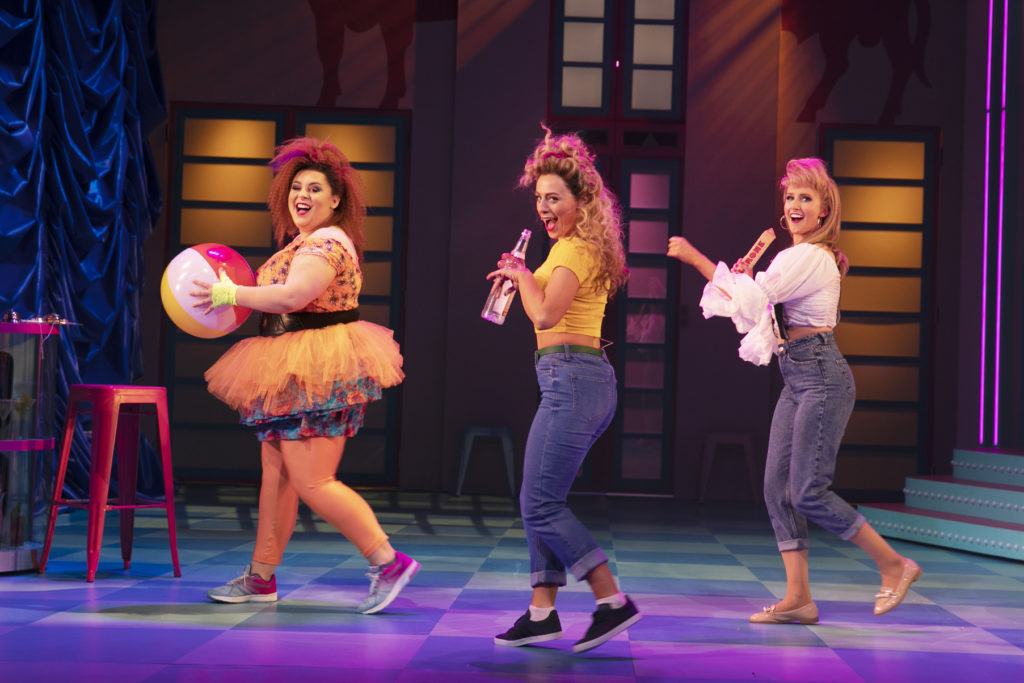
The premise of this family friendly show is that a budding young bride and groom get cold feet and take a hiatus ahead of their impending wedding only to – surprise! – find themselves at the same resort where the drinks are free and tans glow. The show is an unapologetic romp through some of the poppiest, cheesiest anthems of the 80s. I wasn’t sure to what degree these anthems could complement or dovetail with the storyline or how the proposed story would hold up…this is something I suffered I mean ‘struggled with’ with at Son of a Preacher Man in 2018. You can love the songs, but if a musical isn’t delivering on the storyline then it will fall on it’s arse.
So what then of Club Tropicana?
Let’s be frank. It won’t win any prizes for being clever or original. The characterisation (bar a few stand out examples) is challenged at times by a simple (to the point of dumbed down) script and carosel of smash hits that come so thick and fast, it’s dizzying. It was difficult for me to connect to the characters, some of whom felt like musical theatre stereotypes and perhaps lacking in personality at times. The story hardly allowed for any development of some of the supporting cast’s stories beyond a few lazy jokes.
Imagine Hi-De-Hi mashed up with Mrs Brown’s Boys and a splash of Alan Carr and Eldorado. There are jokes about sex, farting, diarrhoea, being sick. There is humping, there is more innuendo than a Carry On comedy, more ham than a Danepak factory. But while all this stuff may leave an extremely nasty taste in the mouth of the more sophisticated theatre-goer (like the couple in front of me who seemed to have gotten lost on the way to a Chekov play or the ballet and cringed and recoiled with any hint of smut), we were mosty all there to unwind, have fun and enjoy the tunes – like refugees from the toxic wastelands of 2019.
Joe McElderry is hard to dislike and he works his socks off to win over the crowd, he plays the part of super-camp holiday rep Gary and is great fun, getting the audience to their feet and joining in a locomotion-type dance from the get-go. His personality shines through and vocals are super strong. The choreohraphy, costumes and hair – all excellent – one highlight being that gravity-defying quiff on Christine’s sidekick Andrea (played by Tara Verloop).
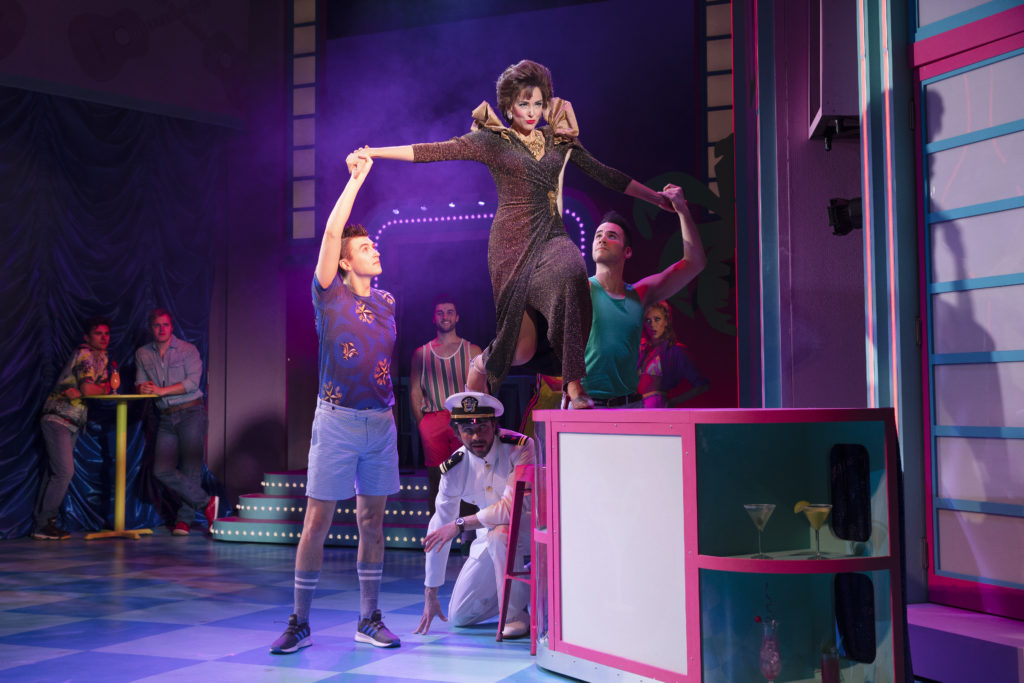
There are some surprisingly lovely musical arranegements in the show, with a beautifully crafted accoustic version of ‘Take on Me’ being a standout song, performed by lead actors Neil McDermott as Robert and Emily Tierney as Christine. I hate to be predictable but in every musical there is a suporting cast member who lingers in the memory (perhaps unfairly sometimes, given the pressure and scale of task facing the lead role actors). They seem to have a presence that even surpasses the role they embody – carrying with them an effortless ability to shine, no matter how lame or stereotypical the role they play.
For this show, it’s Kate Robbins as hotel maid Consuela – a Spanish trope so tired, they had to bring it back out of retirement. But her physical comedy and impersonations of a raft of 80s stars throughout the show is the backbone of Club Tropicana. For all the dazzling choreography, pretty musical theatre performers and bright lights – you need someone who will cut through the noise and make you belly laugh. More than that though, her impressions of the vocals of Tina Turner, Madonna, Shirley Bassey and even Cilla Black are truly sensational.
In places Club Tropicana was clunky, and yes – it’s possible to eat up so much cheese you are quite tired of it and need to lie down afterwards, but it’s a show that is unashamedly for those of us who remember the 80s as a time when sitting on the floor doing the ‘Oops up side your head’ dance seemed like such innocent fun. It’s nostalgic and warm and you won’t even mind being part of a Butlin’s-style Spanish package holiday experience where you wouldn’t normally be seen dead.
Take your Mam or your mates, listen to Cyndi Lauper in the car on the way down….eat the cheese! You can always have a lie down afterwards….

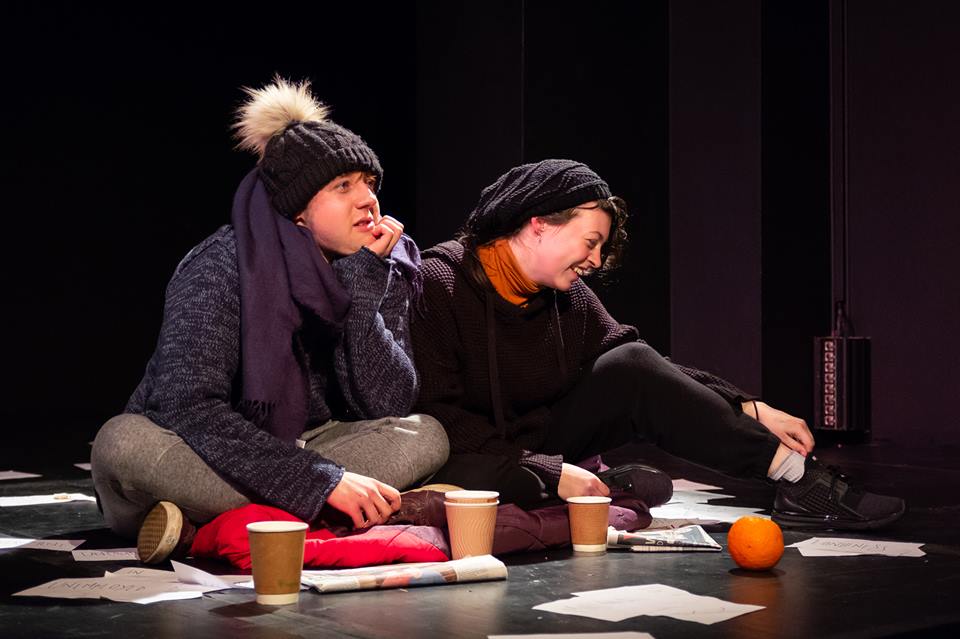
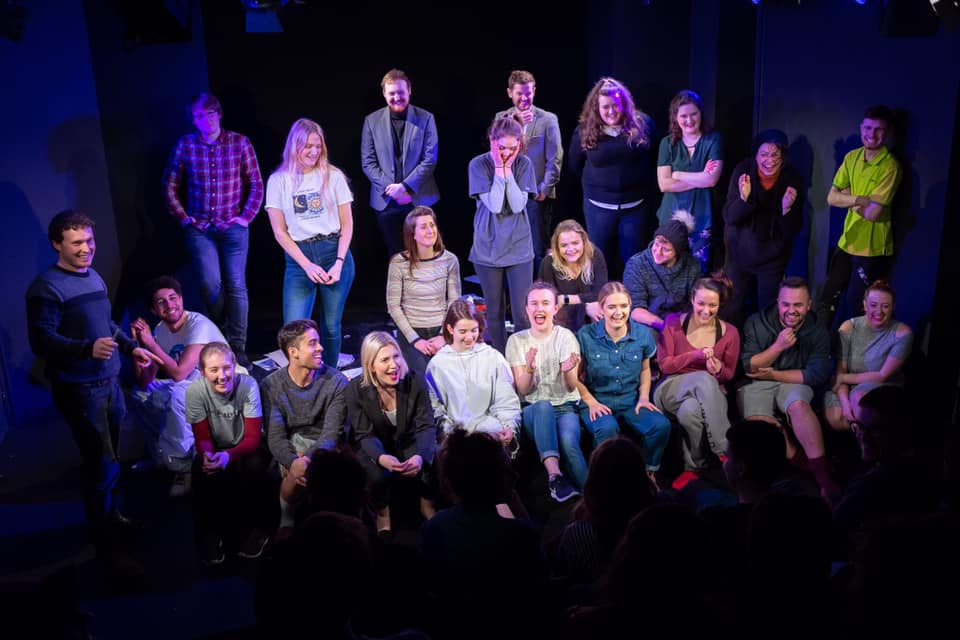
 (5 / 5)
(5 / 5)
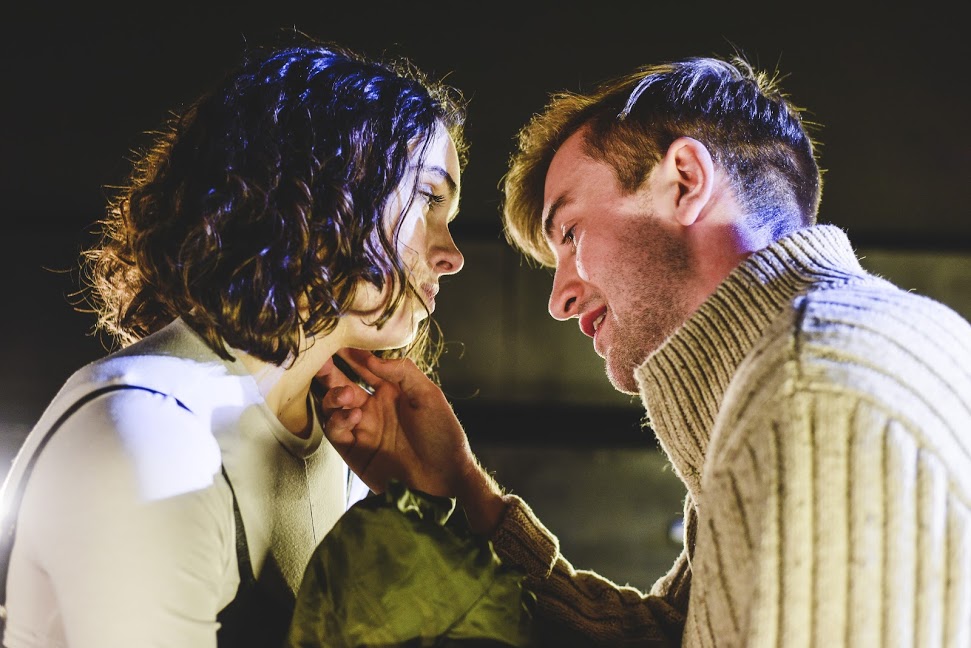
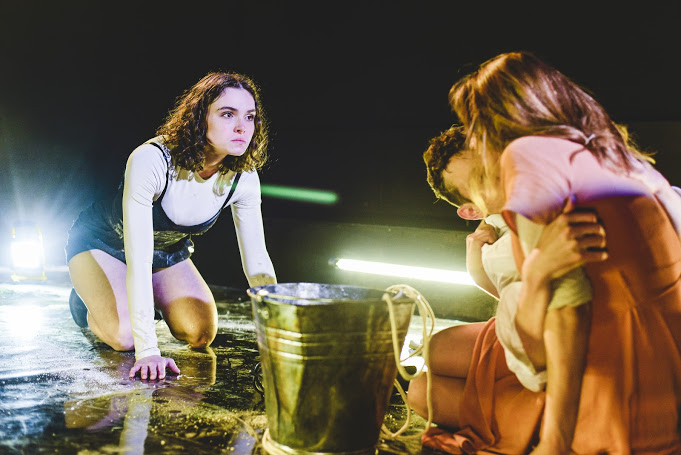
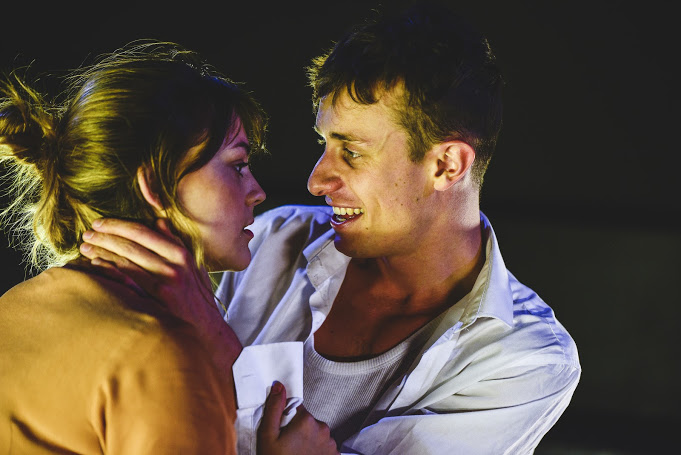
 (4 / 5)
(4 / 5) (3 / 5)
(3 / 5)